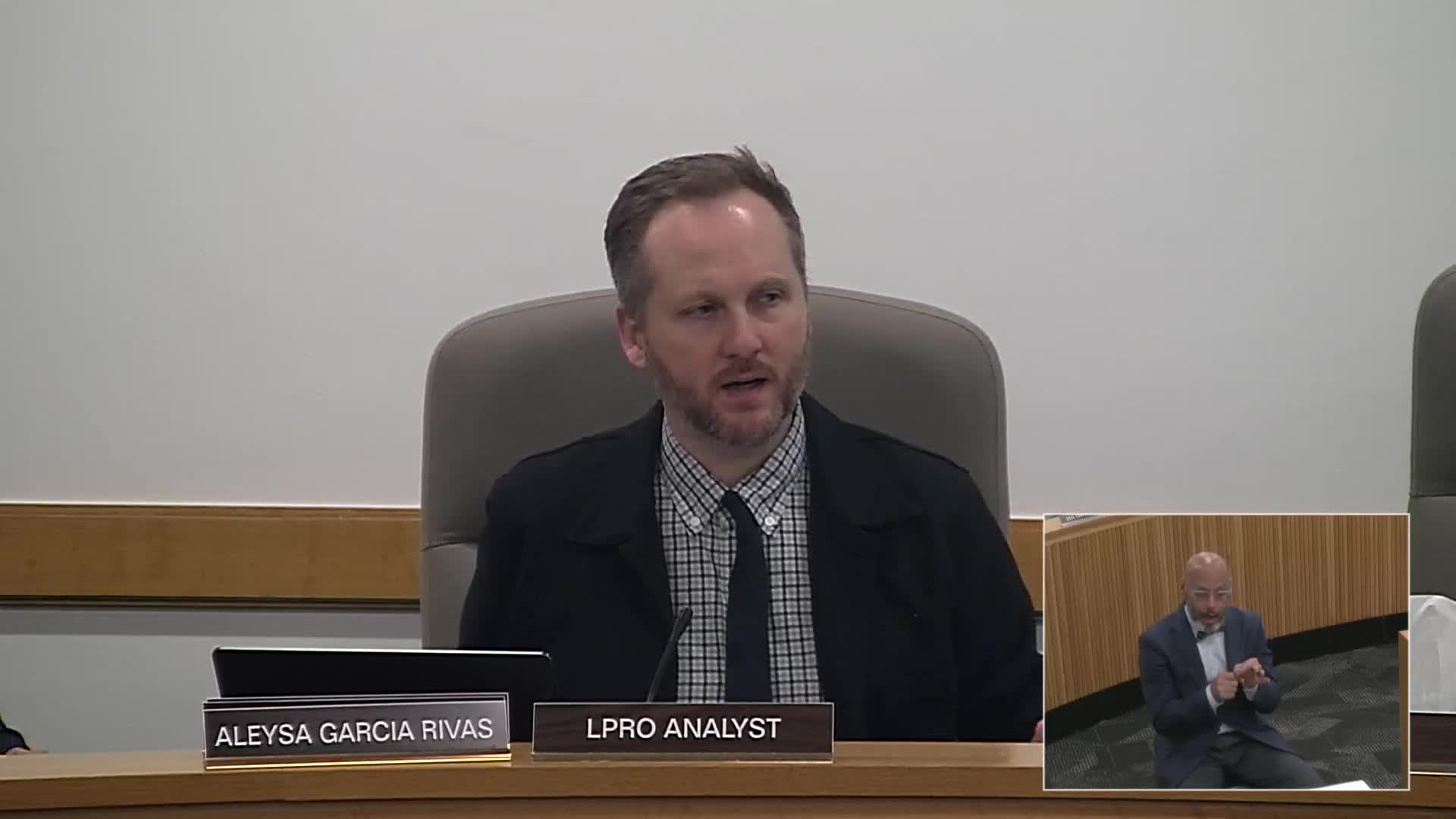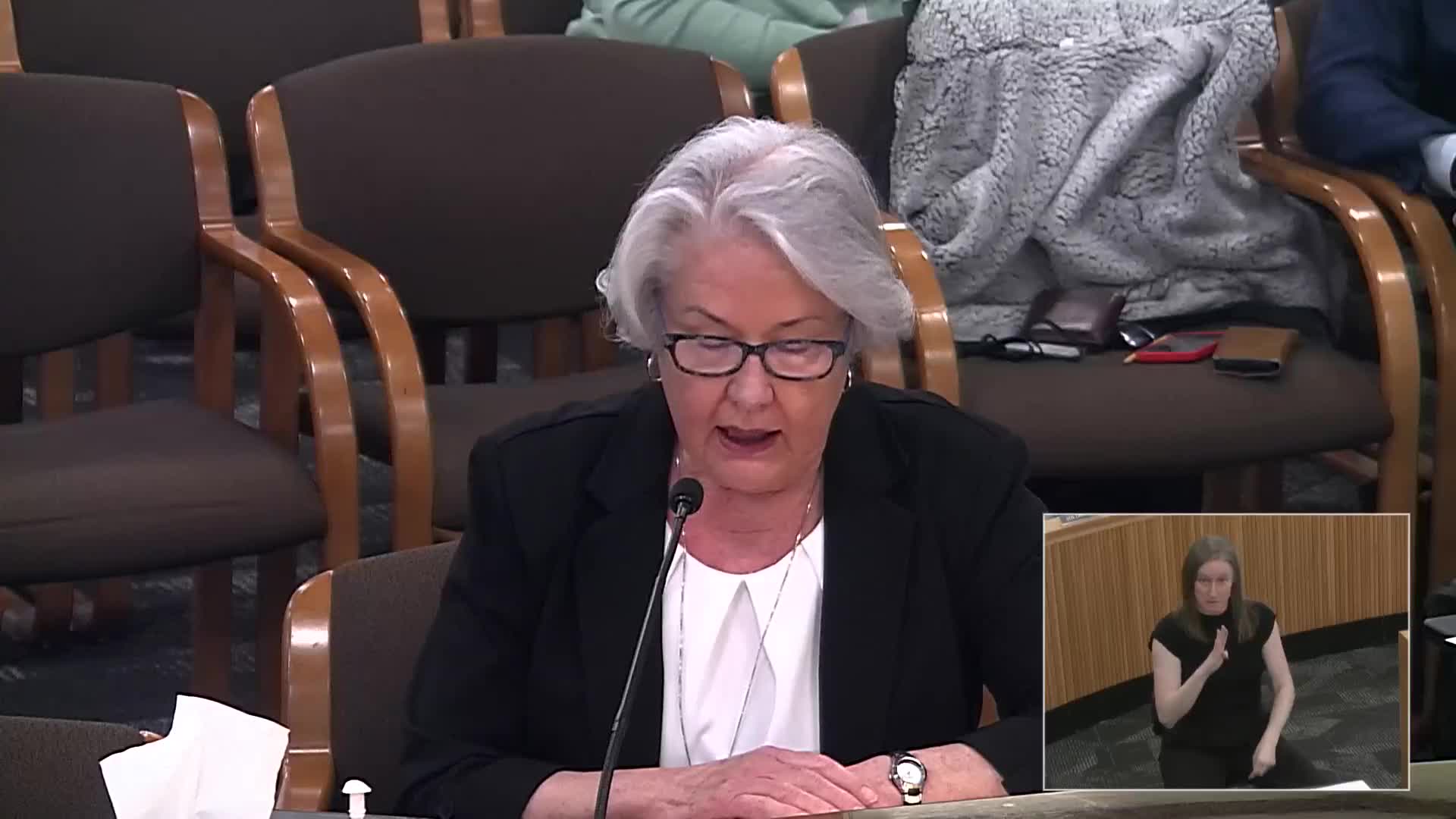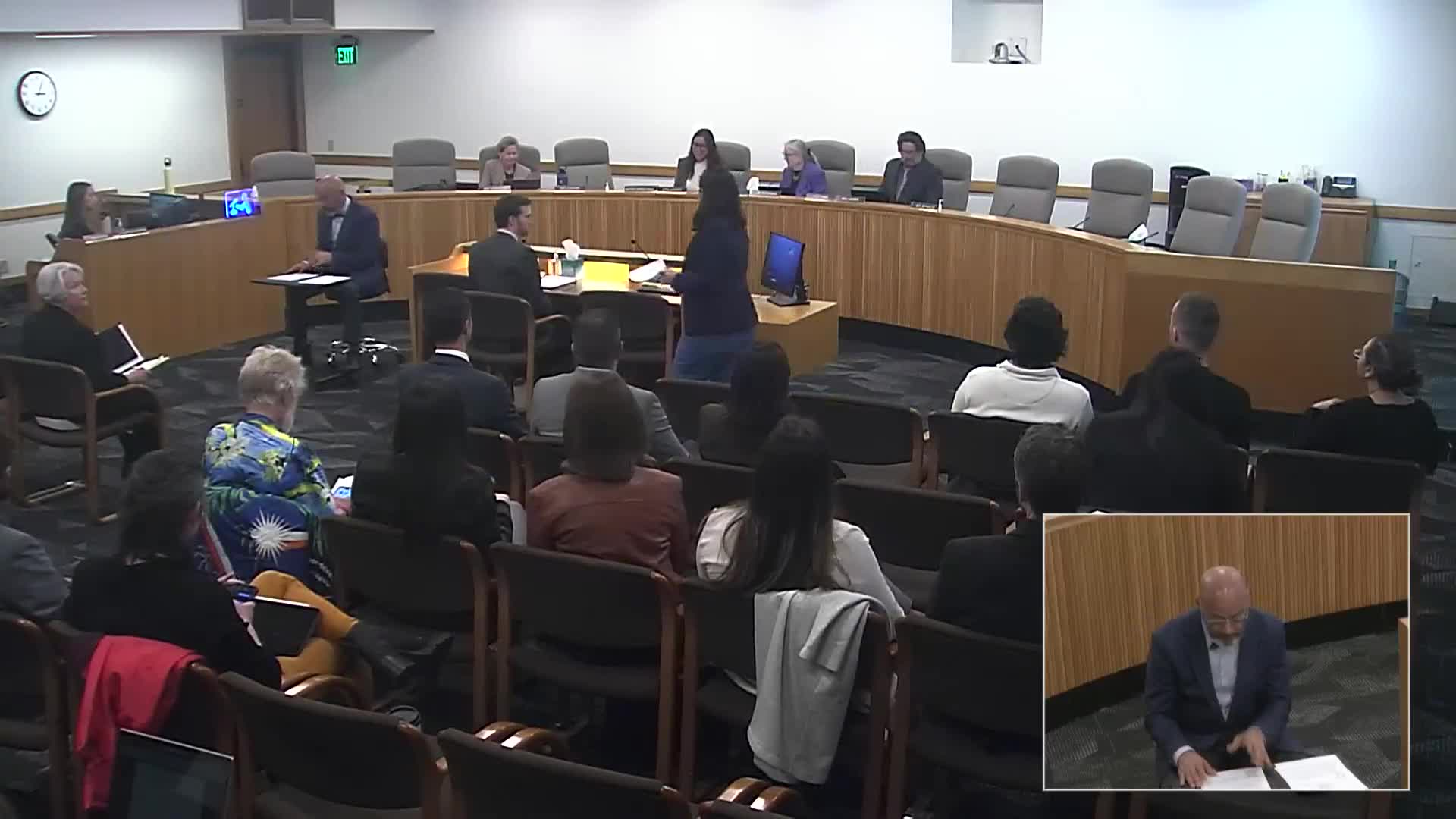Article not found
This article is no longer available. But don't worry—we've gathered other articles that discuss the same topic.

Votes at a glance: committee advances several health-related bills, adopts amendments and refers measures to Ways and Means

Senator pitches annual Medigap open enrollment; insurers warn higher premiums and market disruption

